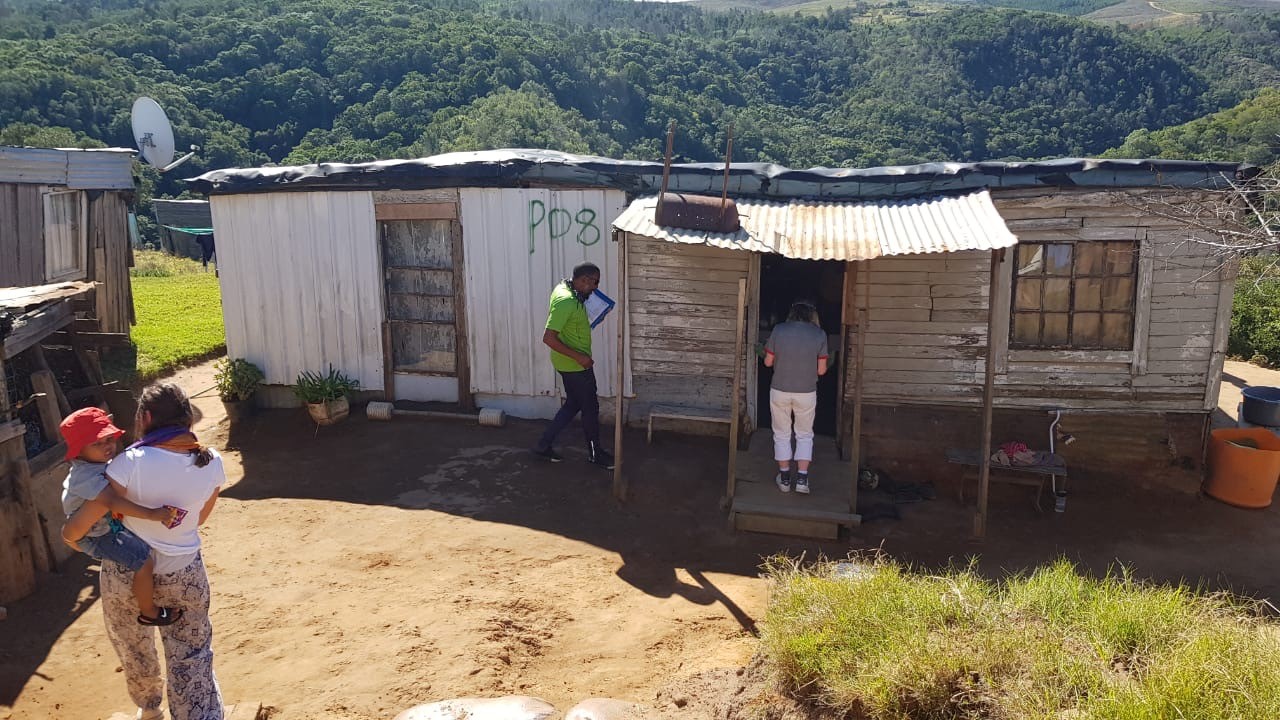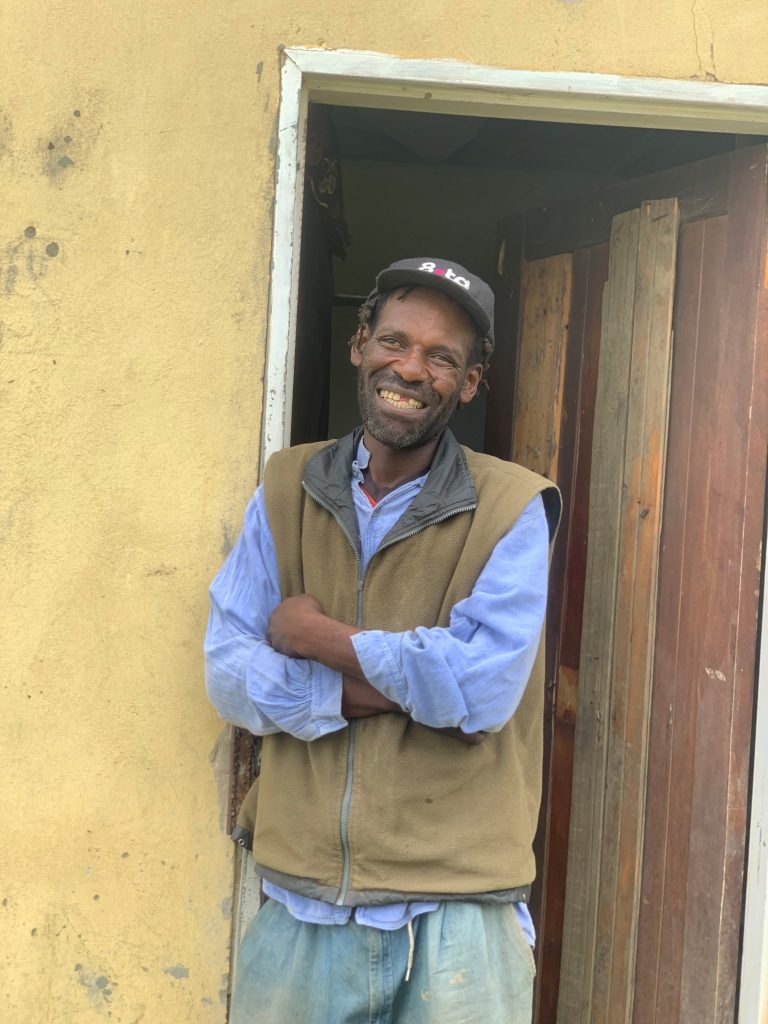It is the smallest thing to ever cause such a global reaction: the Covid-19 Coronavirus.
About 6 weeks ago, most countries enacted some form of quarantine or social distancing. The efforts seem to be paying off: the rate of new infections appears to be dropping. That being said, there are still almost 3.5 Million confirmed cases as well as over 240,000 deaths.
For many people, the consequences of the quarantine and the economic shut down are enormous. Companies are being forced to shut down and millions have lost their jobs. This is where the media have predominantly set their attention: on business owners and middle-class workers. For the poor and those living in poverty, the effects are felt much more directly.
As an example we look to the townships (slums) surrounding the South African town of Knysna, where volunteers have been delivering food to those in need. Ways and Words foreign correspondent Caroline Pichler has talked with many of those facing not only unemployment and debt, but starvation.
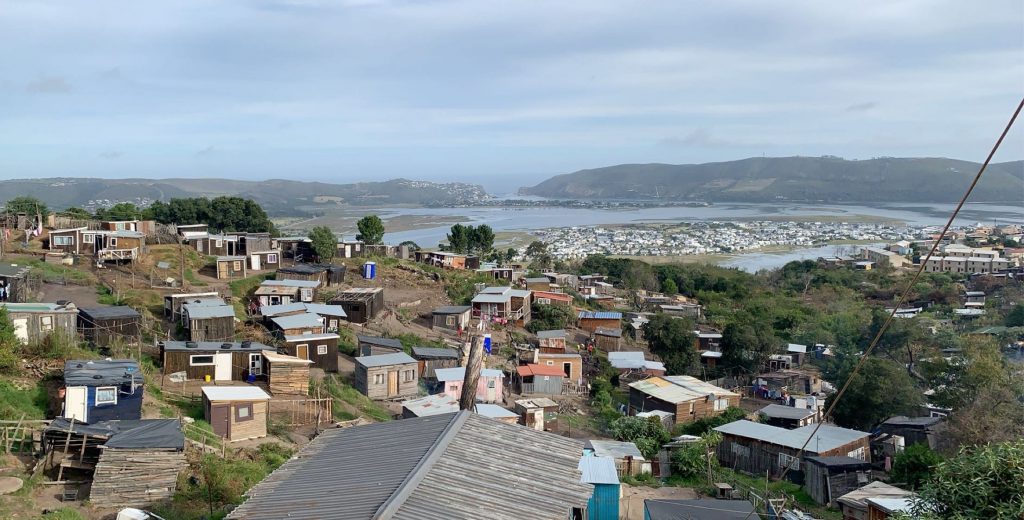
South Africa’s President Cyril Ramaphosa has reaped both praise and scorn for his strict efforts to contain the virus. Bans on alcohol and cigarettes and the closing of nonessential shops and businesses are currently fomenting growing unrest. The townships normally run an almost parallel economy, reliant on wages brought from outside. Many of the citizens are uneducated or untrained, leading to a reliance on short-term work such as gardening, painting, or cleaning. The lack of public transport means that the majority of people rely on “taxis”, vans and minibusses often run by mafia-like cartels. While the taxis have now resumed operation, there was a time where the nearest groceries were an hour’s walk away.
To buy one needs money; many of those living day-to-day have lost their entire income.
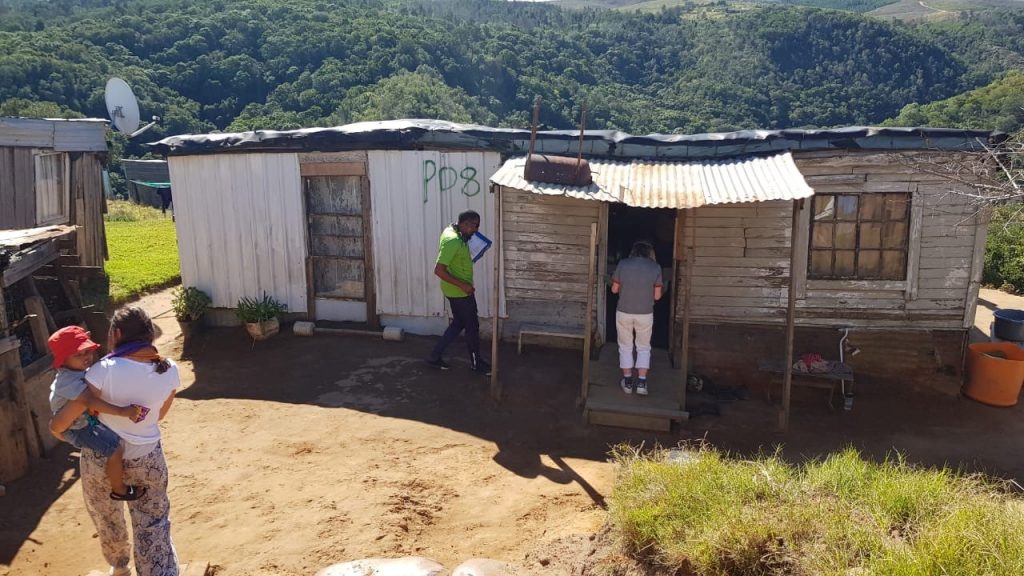
While the government has programs to handle food handouts, the need has greatly surpassed the supply. Private citizens are gathering donations and attempting to find those in need.
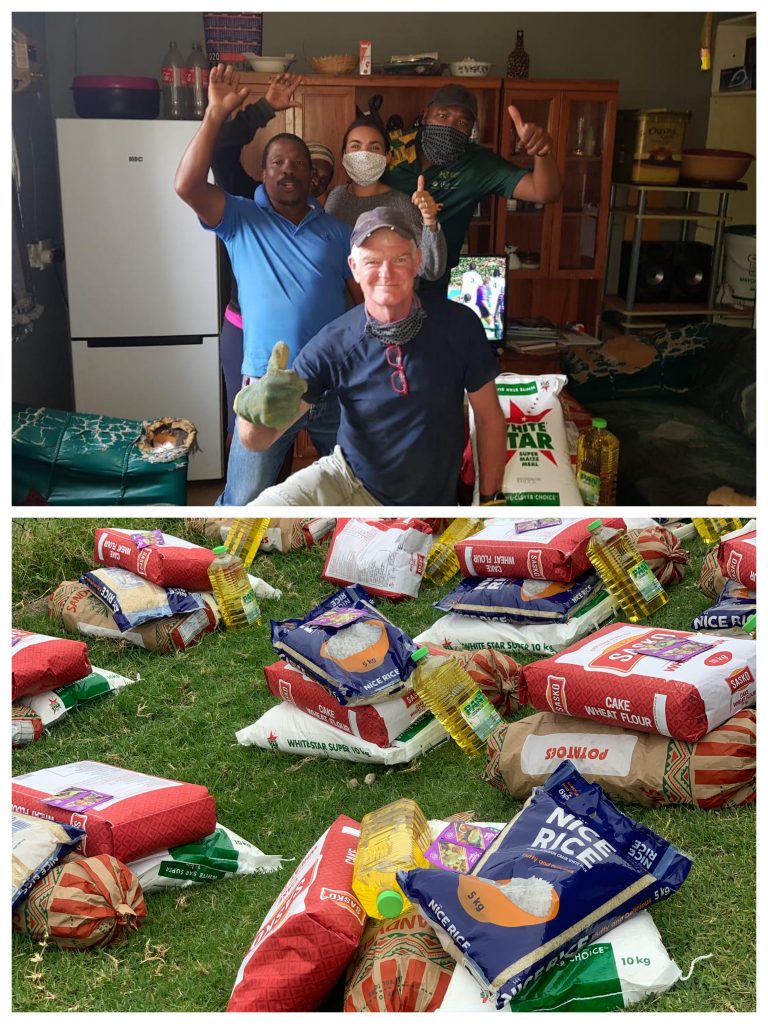
The situation is already desperate: many of the ladies worked as hairdresses and are wondering how they can feed their families in the coming days. One man and his son were down to eating a single portion of maize porridge a day. Another man lives all alone and couldn’t remember the last time he had eaten.
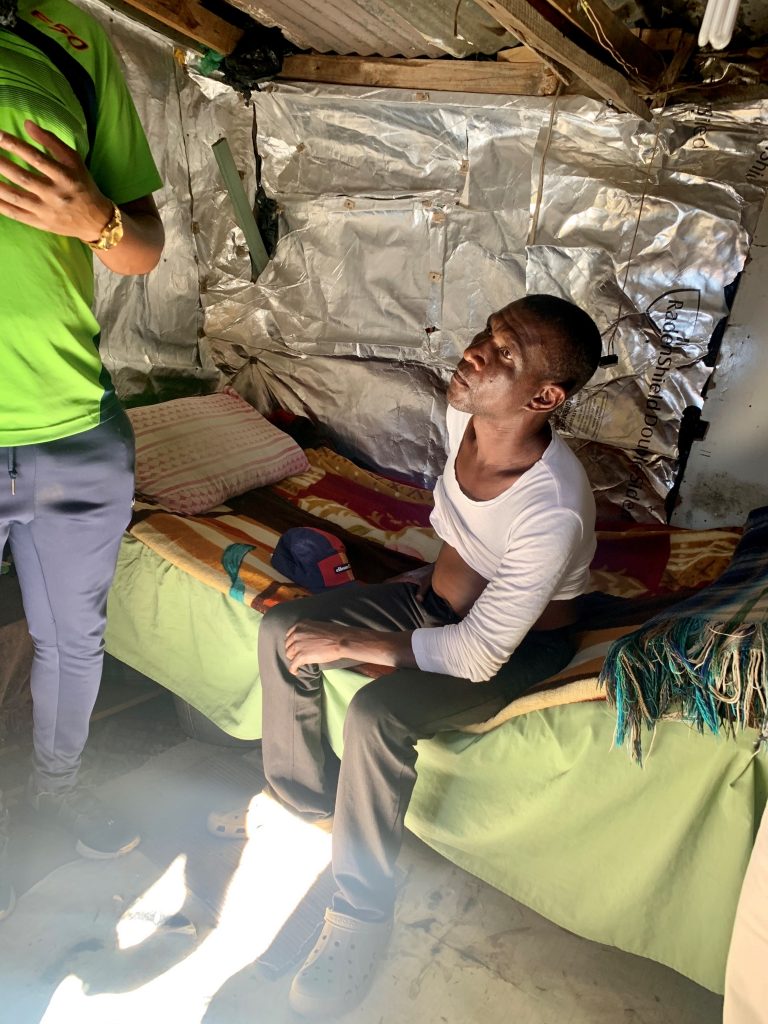
One woman was beaming with pride because her son had just graduated high school. He cannot pursue further education or even a long-term career because he is the only one who can care for her. Before Corona he used to do odd jobs around the township; the shutdown has closed off his income entirely.
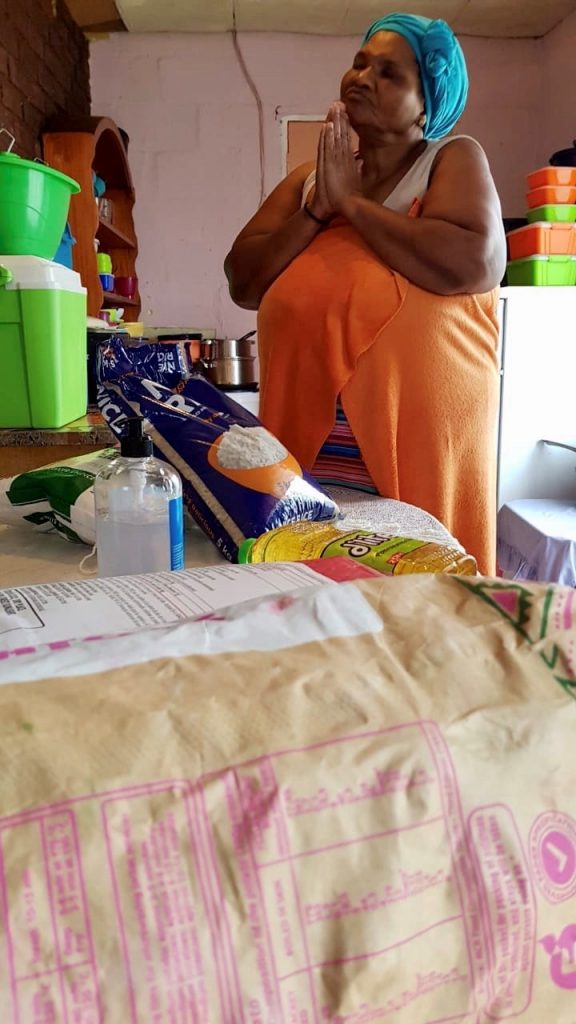
The elderly have been hit particularly hard. The story of a sick lady unable to shop for herself or pick up her medicine from the government clinic is unfortunately not unique.
People are at their best when they work together, unfortunately the Coronavirus has only made this more difficult. While first-world countries bemoan the lack of masks and medical supplies, there are places desperate for the most basic essentials of life. Cyril Ramaphosa is caught in a vice – the quarantine is driving his people to the brink of starvation, but the conditions in the townships would cause the virus to run rampant. The only option remaining is to rise to the challenge and help those suffering the most.
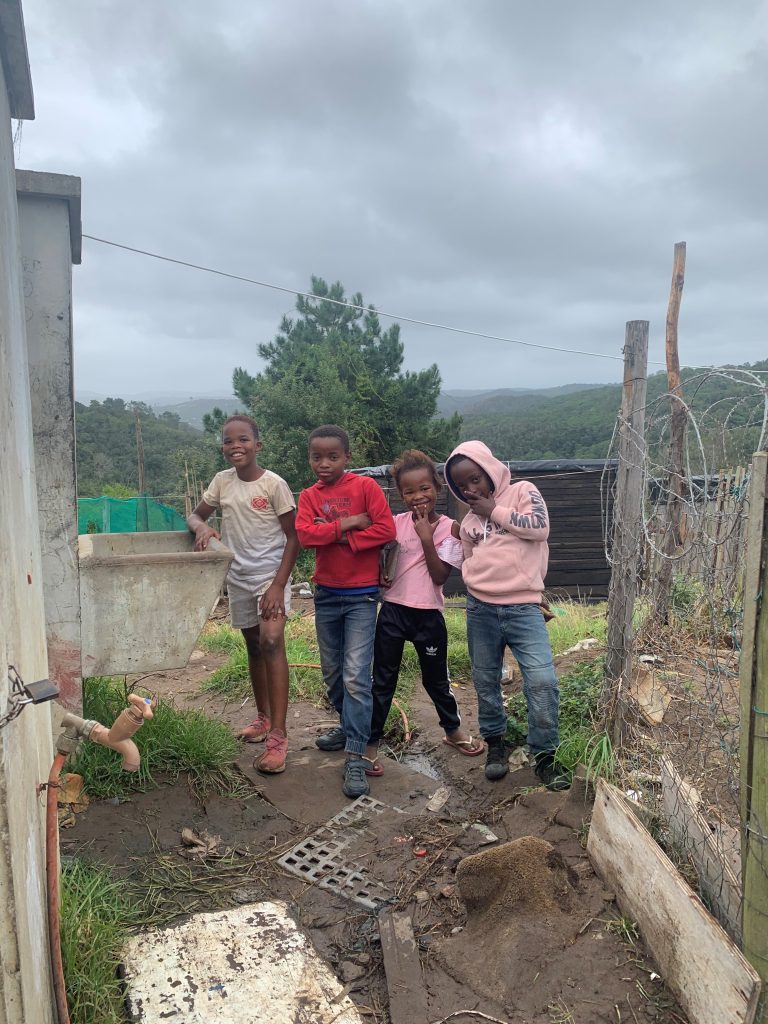
For those interested, you can donate to the food drive in Knysna here.

